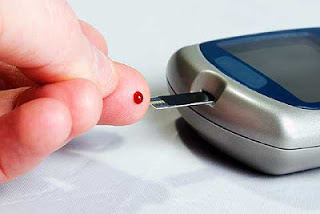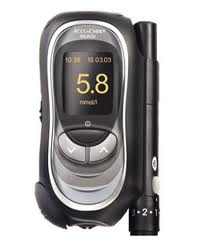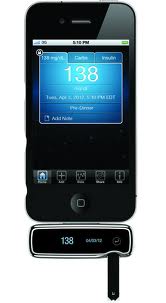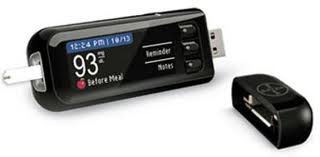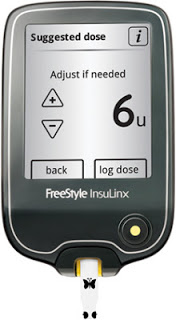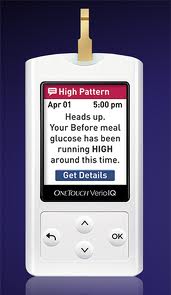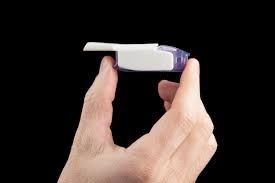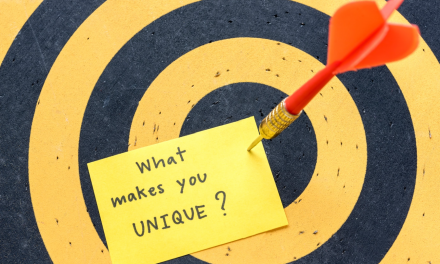So, your doctor has told you that you need a glucose meter to check your blood sugars at home. You arrive at the pharmacy to find yourself standing in front of a shelf with a confusing array of options. What should you do?
There are dozens of meters out there, and rather than bore you with a long list of every single one, I’ve highlighted some of the new and unique features that are available amongst some of the most commonly used meters (in alphabetical order):
Accu-Chek:
The Accu-Chek Mobile glucometer is unique in that it has the meter, testing strips, and lancets all niftily packaged into one device. So, after a blood sugar test, there’s nothing to dispose of.
BGStar:
Techie alert: the iBGStar glucometer connects directly to your iPhone or iPod Touch! Very cool.
Contour:
Another Tech Alert here: The USB Meter‘s name tells you what’s unique about this one – namely, that you can plug the meter directly into your computer to download data.
FreeStyle:
The InsuLinx meter is a newer meter that can help you calculate how much mealtime insulin you need. It is programmed to fit your insulin needs by your diabetes educator.
I have many patients who are taking mealtime insulin, who have found the meter’s dosing suggestions to be very helpful. REMEMBER, however, that your brain is still better than your meter – if there is a particular situation where your own experience tells you differently than what the meter suggests – listen to your spidey sense.
OneTouch:
The newest member of this family is the VerioIQ, which is the only meter with a full color screen. A really cool feature is that it will alert you if it detects a pattern of high or low blood sugars.
A few other considerations:
Super small, discreet meters: Consider the OneTouch UltraMini, the Contour USB , or the Freestyle Lite (though most meters are pretty compact these days).
Meters that use the least blood: Freestyle and Accu-Chek meters are amongst those that use the least amount, around 0.3 microlitres.
Meters with big numbers on screen: Freedom Lite, VerioIQ, Accu-Chek Mobile
Accuracy: Some meters claim to be a bit more accurate than others, but the differences are small. Your doctor should send you to the lab periodically to check the accuracy of your meter in any case.
BOTTOM LINE: Choose a meter that fits your lifestyle, and that you enjoy using!
Dr Sue Pedersen www.drsue.ca © 2013
Follow me on Twitter for daily tips! @drsuepedersen

